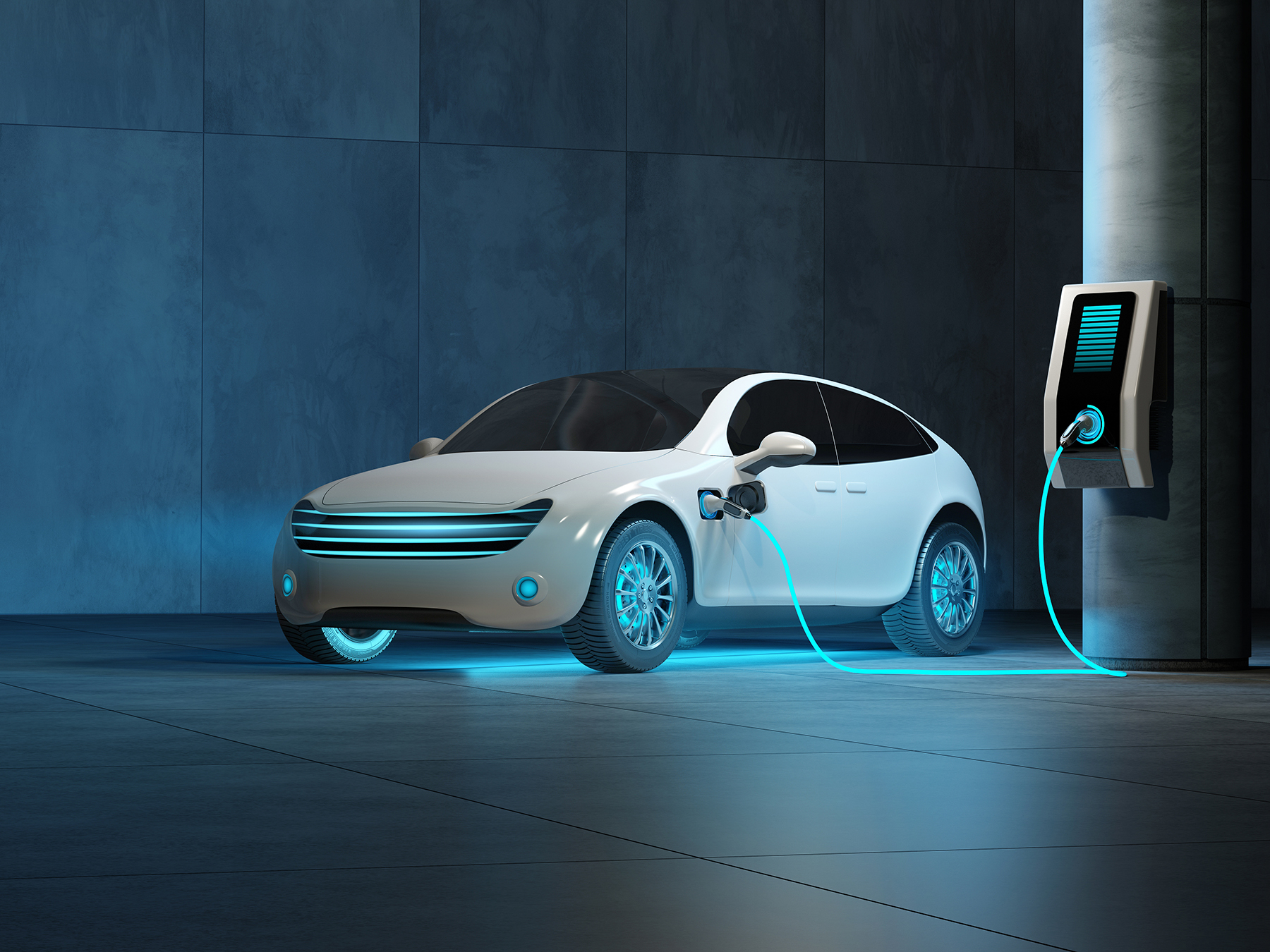Pros and Cons of Driving a Hybrid Car
- 2 Aug 2023
The increasing focus on sustainability and environmental consciousness has led to a surge in the popularity of hybrid cars. Hybrid vehicles combine the benefits of both traditional engines and electric machines, aiming to reduce emissions and fuel consumption while offering an efficient and eco-friendly driving experience which will be legally required in the future.

Pros of Driving a Hybrid Car
- Eco-Friendly: Hybrid cars significantly decrease greenhouse gas emissions and air pollution compared to conventional petrol vehicles. They utilise electric power during low-speed and stop-and-go driving, leading to less reliance on petrol and lower carbon footprints.
- Fuel Efficiency: One of the most significant advantages of hybrid cars is their fuel efficiency. By combining an electric motor with an internal combustion engine, your vehicle will consume less fuel and saves you trips to the pump.
- Regenerative Braking: Some hybrids have regenerative braking technology which recaptures and stores energy normally lost as heat during braking. This stored energy is then used to power the vehicle.
- Government Incentives: Many governments are offering incentives to promote the purchase of hybrid and electric vehicles. These incentives can range from tax credits, reduced registration fees, and even rebates on vehicle purchases.
- Reduced Noise Pollution: Hybrid cars often run quieter than traditional vehicles, especially at lower speeds, as electric motors produce minimal noise. This reduction in noise pollution can lead to a more peaceful driving experience and a quieter environment for communities.
Cons of Driving a Hybrid Car
- Higher Upfront Cost: Hybrid vehicles generally have a higher initial purchase price compared to petrol cars due to the additional technology and components required for hybrid systems. However, over time, the savings in fuel costs can offset this initial investment.
- Limited Range: While hybrid cars offer improved fuel efficiency, their electric-only range is often limited. This means that for longer trips or when the battery is depleted, the vehicle will rely more on the internal combustion engine, reducing the environmental benefits.
- Battery Lifespan and Disposal: Hybrid cars utilise advanced battery technology, which may have a limited lifespan and can be costly to replace. Additionally, the disposing the battery can create environmental challenges if not properly managed.
- Vehicle Performance: Some hybrid models may sacrifice a bit of performance in favour of fuel efficiency. While modern hybrid systems have come a long way in terms of performance, traditional petrol engines may still offer better acceleration and power.
Driving a hybrid car has numerous advantages, primarily centered around its eco-friendliness, fuel efficiency, and cost savings. Reduced emissions, regenerative braking, and government incentives make them an attractive option for environmentally-conscious individuals.
However, potential buyers should also consider the higher upfront cost, limited electric-only range, and battery-related concerns as part of the decision-making process. Ultimately, the choice between a hybrid car and a traditional vehicle depends on individual preferences, driving habits, and commitment to sustainable practices.
Best4Warranty encourages the exploration of eco-friendly options, including hybrid vehicles. Embracing greener technology not only benefits the environment but also helps us move towards a cleaner and more sustainable future for generations to come.
For peace of mind and added protection, Best4Warranty offers comprehensive warranty plans that cover hybrid cars, ensuring you enjoy your eco-friendly journey with confidence. Speak with our team to learn more about our offerings and how we support hybrid vehicles.










